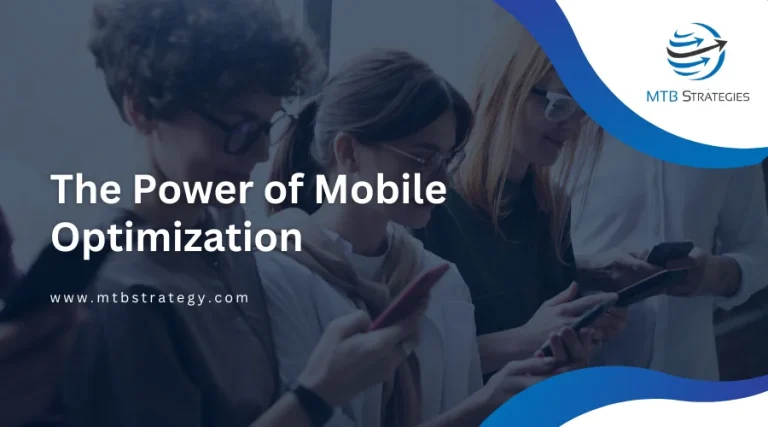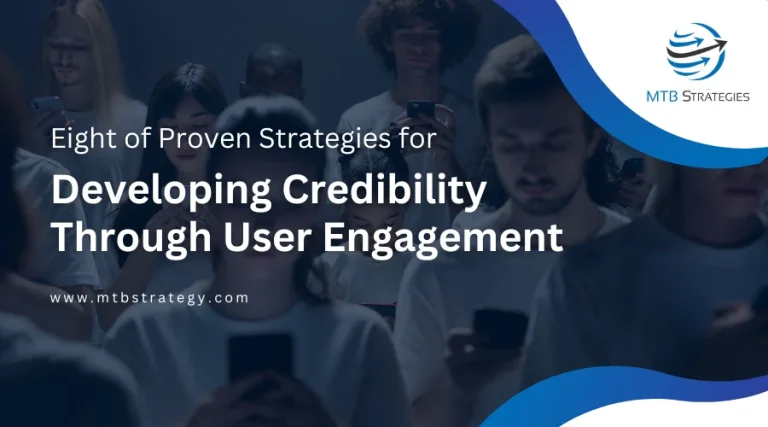If you’re like the majority of business owners, you’ve spent money developing an active Facebook business page for your clients. You may have invested years in developing your fan base and earning people’s confidence. What if something makes your company page on Facebook susceptible to a hack? The following information can help you safeguard yourself, your company, and your data from a Facebook hack.
Sadly, Facebook hacks happen frequently. As many as 160,000 Facebook accounts are hacked daily, according to the New York Post. When using social media sites like Facebook, users frequently have laxer security practices, making them more susceptible to hackers.
What impact does this have on your company page? Users can access corporate accounts on Facebook using their personal profiles. Every user who has admin access to your Page is exposed to a Facebook hack that can make your page susceptible.
Hackers frequently access Facebook pages via phishing scams, email attachments containing malware, data breaches that expose passwords, or negligent user behavior (such as failing to log out of Facebook or using passwords that are simple to guess).
Although they may not occur regularly, large-scale data breaches can nevertheless be enormous. For instance, in a widely publicized Facebook attack and data leak, hackers were able to access about 50 million accounts that were left open.
Why Should You Be Worried About FB Page Hacking?
You’ve probably spent a lot of time and money developing the greatest Facebook company page and expanding your following of devoted fans. Hackers are drawn to your audience.
When hackers take control of your page, they can put their own links there, luring your fans to click on spam links and leaving them open to Facebook hacking.
With heavy expenditure that might cost you thousands of dollars before you can take action, they might generate and approve ads via your Ads Manager to push dangerous content.
They might also access other internet accounts, such as hosting, banking, or other social ones, using the information kept in your Facebook account, which could lead to identity theft.
You could lose money, time, and the audience’s faith if you do all of this. Even while you might be able to stop harmful behavior quite quickly and even recover some costs, you might temporarily lose access to your page. The opportunity cost of not having access to this platform for marketing might have a big impact on your company.
Ways to Prevent a Facebook Hack
Standard online security precautions that you should follow on every online site include many techniques to defend yourself from a Facebook breach. Start with the fundamentals if you haven’t given internet security any thought, then look at the security options available on each platform or app.
Utilize Facebook’s Security Settings to Your Advantage
You may find a thorough section titled Security and Login by looking at your Facebook settings. For advice and details on the best ways to keep your account secure, go over each area.
Make sure to frequently scan your computer for viruses and malware. Antivirus software assists in identifying issues like keyloggers or redirect infections that could make you vulnerable to Facebook breaches.
Maintaining the most latest versions of your browser and other apps, together with any new security upgrades or enhancements, guarantees that you are using the safest software possible.
Keep in mind that the security of your company page depends on who has access to it. Protect your personal profile, and inform your colleagues about security upgrades and best practices.
Make a Robust Password
The first line of protection for online security is a password.
Each website you use should have password policies that you must abide by. There are probably a mix of capital and lower case characters, numerals, and symbols here. Select a phrase that is special to you and combine these characters in a complex way to make a password that is difficult for others to guess.
Never use the same password across many websites. Instead, be sure that each online account has a unique password. For instance, you might use one password for your secure financial accounts and a completely another one for your social media accounts and other vulnerable platforms.
You will at least be guarded against hackers using your Facebook login to access more secure accounts, such banking or retirement accounts, in the event of a Facebook hack.
To avoid having to remember numerous passwords, think about using a password manager like LastPass or 1password. You just need to remember one password thanks to these services, which save all of your credentials in one location. They can also produce more secure random passwords.
Make sure to only use the Facebook app or Facebook’s website to input your password.
Use caution while entering the domain into the search bar of your web browser. In order to obtain login information from people who aren’t paying attention, hackers may create spoof sites that are similar to the real Facebook domain.
Put Two-Factor Authentication to Use
By using two-factor authentication, Facebook will prompt you for your password and demand an additional security check whenever you enter into your account from a new device. Entering a security code that was texted or email to a pre-approved address or phone is typically required for this step.
Visit your Settings page, choose Security and Login, and then modify the Two-Factor Authentication section to enable two-factor authentication on Facebook.
When checking in to Facebook, a prompt will ask you for your contact details in order to confirm your identity. Additionally, you’ll be notified if someone attempts to log into your account using an unknown device.
Read the Emails that Facebook Sends
Facebook frequently sends emails to confirm questionable or unexpected activity. In case Facebook tries to flag questionable activity, make sure the email address listed is one you often check. Also, make sure you read the emails you receive.
You may significantly increase your online safety by being aware of the hazards, becoming familiar with frequent phishing attacks, and comprehending the most recent security advice from Facebook.
In the Advanced Section of your account settings, under Security and Login, you may view a list of recent emails that Facebook has sent.
Have Several Administrators for Your Page
What other safeguards are there against a Facebook hack? Think carefully before granting someone admin access to your business page.
Having more than one administrator on your page is a smart idea in case you ever lose access or can’t log in. Another admin you trust can keep the page functioning and assist you in regaining access if your profile is compromised.
But that does not imply that more is always better. periodically examining to delete users who are no longer need to have access to your page. Grant the right level of access if someone just needs it temporarily, and then revoke it after their task or project is finished.
Utilize the Correct Page Admin Levels
Facebook has many page admin levels, allowing you to grant certain users different levels of access. Don’t add just anyone; only give people the access they require to carry out their allocated job.
Perhaps you require a staff member to post to the page so that your Facebook marketing can be done. Review the various levels and their corresponding permissions, and only grant admins the level of access necessary to carry out their duties.
Giving each administrator the power to both remove and appoint other administrators makes it possible for them to kick you out with little chance of recovery. Additionally, they might add unknown admins and seize control of your page.
Adding and removing administrators should only be possible with someone you completely trust. The following graph illustrates the permissions for each level:
Report Any Suspicious Behavior to Facebook
To keep your account secure, notify Facebook of any strange behavior. When you encounter something on Facebook that concerns you, you can report messages, profiles, or posts directly to Facebook.
You can use reporting to use Facebook more safely and alert Facebook to any questionable conduct.
Simply block a user if their actions or communications make you uncomfortable to ensure that they are taken off your friend list or page. They won’t be able to message you on the platform as a result of this action.
Be Mindful of Logging Off from Shared Devices
Have you ever used a computer at a coworking space, a library, or your place of employment? Extra caution must be taken to log out when finished. When using accounts that save personal information, it’s imperative to keep this step in mind.
Always log out right away after accessing Facebook on a computer you don’t own. You never know who might use the device after you, and keeping your account logged in makes it accessible to anyone.
Change your password right away so your security is never in doubt if you ever forget if you checked out after accessing Facebook on a device you don’t own. The Security and Login Settings also allow you to remotely log out of all devices. An attempt to hijack your Facebook account can be avoided entirely by protecting account access.
Do Not Accept Friend Requests from Strangers
Hackers frequently obtain the knowledge necessary to guess your password by adding you as a Facebook friend. They might even add friends that you have in common, giving the impression that they are a trustworthy person you already know. A straight impersonation of someone you know is another option.
Accepting a friend request from someone you don’t know is inappropriate. Send your acquaintance a text message or email to alert them that someone is exploiting their image or identity online if the request sounds shady or duplicated.
Your birthday or high school may be accessible if you grant access to your personal profile. This information makes it simpler for someone to mimic you to access other social media accounts, your friends, or even your audience—or to break into your business account.
Facebook Hacks Summary
You need to do more than just create Facebook advertising and share interesting content to prevent Facebook hacks on your company page. To secure your investment and your clients, you need to be aware of certain actual security dangers. Thankfully, you can safeguard yourself by taking a few easy actions.
Keep abreast of the security measures offered by each network you use, and safeguard both your personal and professional Facebook pages. Utilize alerts, emails, and other notifications to assist you take prompt action in the event that a Facebook hack occurs.
By taking these precautions, you’ll lower your risk and be able to focus on interacting with and expanding your audience without incurring costly or distressing setbacks. Connect with us for assistance if this seems overwhelming, so you can concentrate on running your business.






